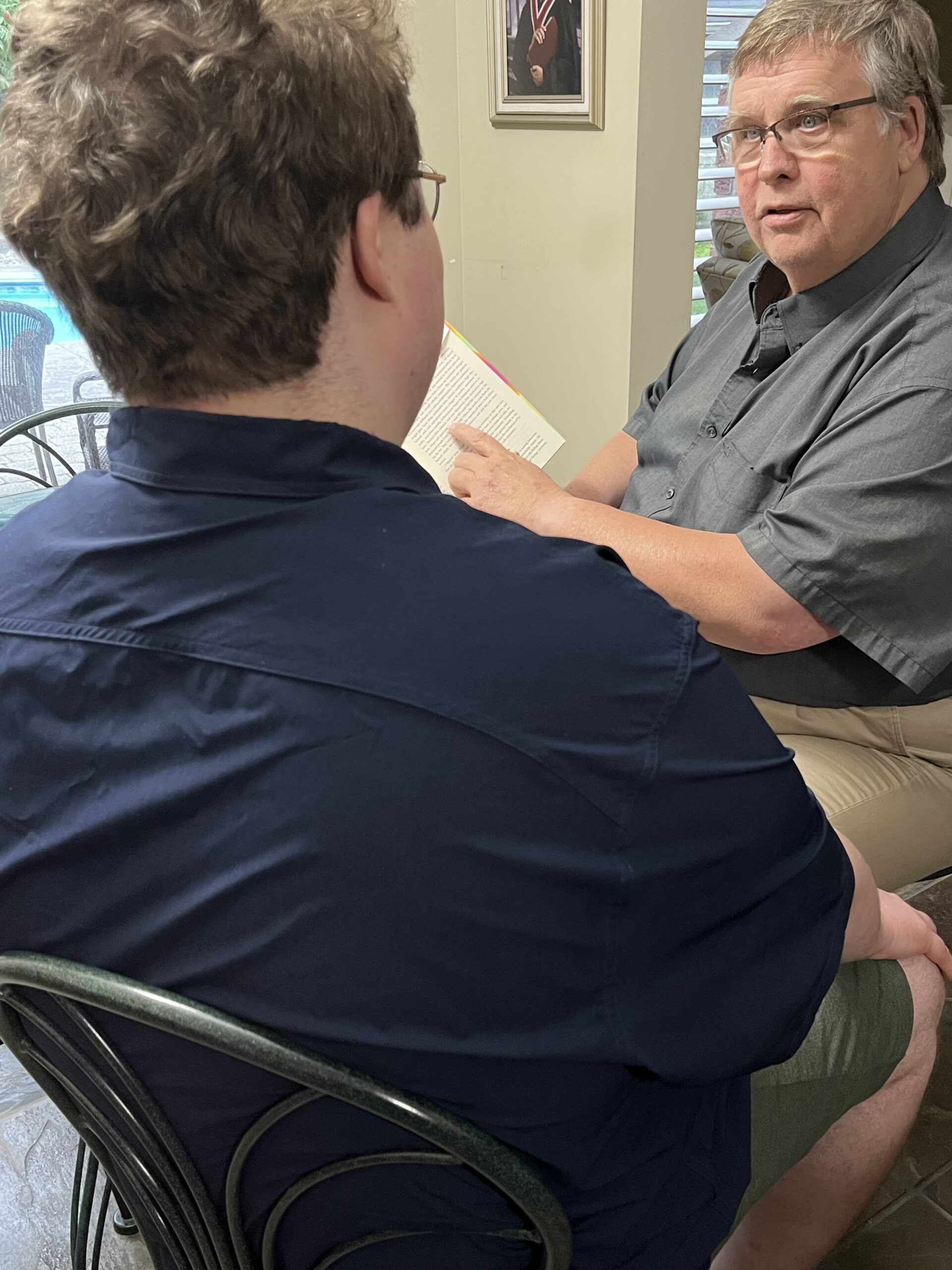If you follow us on social media, you may have read my blog posts Reading Helps You Feel Better and Reading is Like Hitting the Reset Button for Your Brain. As a sequel, I would like to introduce you to bibliotherapy, the practice of using books to support mental health. Bibliotherapy is gaining recognition as a legitimate and effective form of treatment, especially for mild to moderate depression. Although the term was coined over a century ago, the concept dates back even further, with early physicians advocating for reading as a healing tool.
Modern bibliotherapy comes in two main forms: clinical, which uses self-help books and workbooks under the guidance of therapists, and creative, which incorporates novels, poetry, and fiction. Both approaches help readers understand their thoughts, emotions, and behaviours, often offering a safe space to process difficult experiences.
Experts emphasize that simply reading isn’t enough; the therapeutic magic happens during discussion. Whether in one-on-one therapy, group settings, or even online book clubs, talking about what you’ve read allows deeper personal reflection. For example, readers facing grief or relationship issues may gain new insights by exploring similar situations in fiction.
Some therapists liken bibliotherapy to Chinese herbal medicine—literature as a tool, not a drug. By helping people feel seen, less alone, and more equipped to handle life’s challenges, bibliotherapy blends storytelling with healing, making your reading more than just a pastime—it could be part of your self-care routine.
Bottom line, I am a big believer that bibliotherapy helps you feel better.
By Peter Yurek, BSc.Phm.








